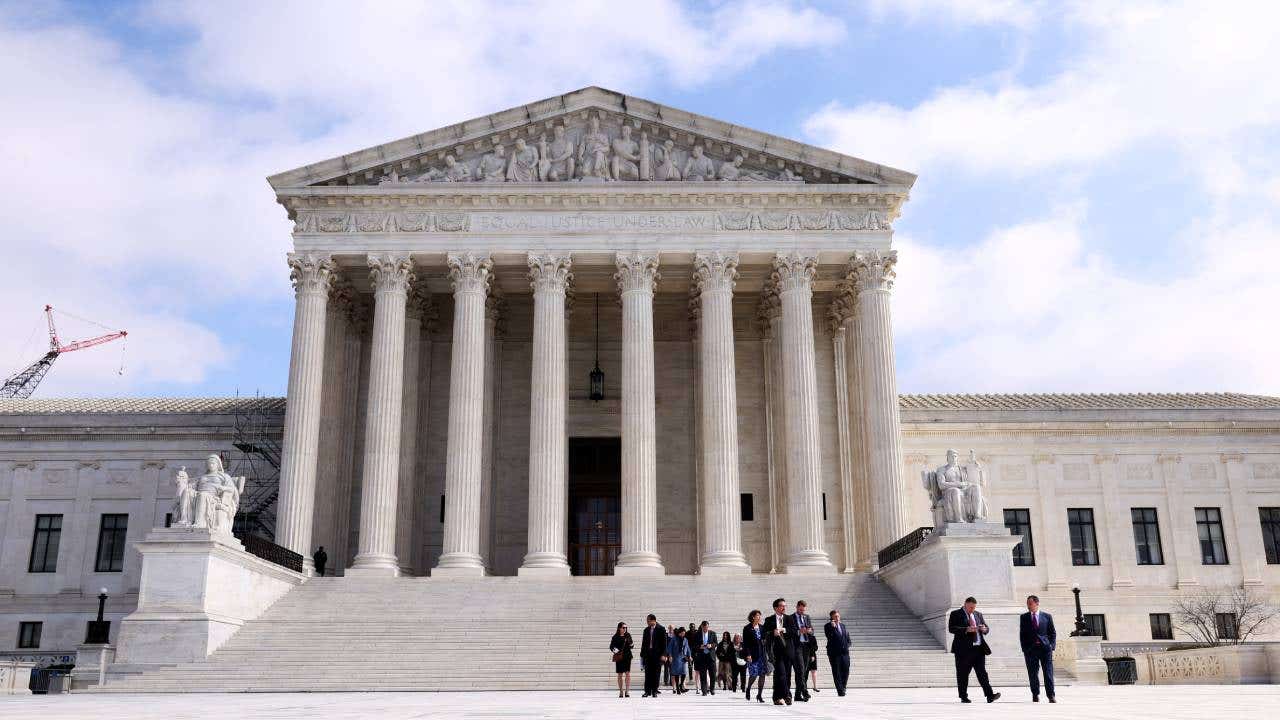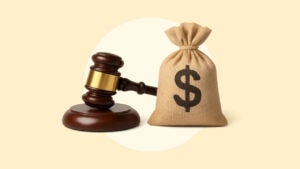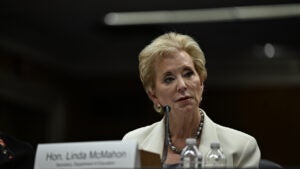Supreme court ruling on private colleges and federal student loan debt

The Supreme Court recently rejected a request by three private colleges to block the settlement decision in the case of Sweet v. Cardona. This $6 billion settlement will result in thousands of student borrowers who claimed they were misled or defrauded by private colleges receiving debt relief under the borrower defense to repayment program.
Sweet v. Cardona (originally Sweet v. DeVos) was originally filed in 2018 by applicants to the borrower defense program. The lawsuit claimed the Department of Education unlawfully denied or delayed relief for borrower defense applicants during the Trump administration.
Now that the Supreme Court has declined to block the settlement reached by the Department of Education and the plaintiffs in Sweet v. Cardona, nearly 200,000 borrowers will see their federal student loans discharged.
Three institutions asked the Supreme Court to halt $6 billion student debt settlement
The Sweet v. Cardona settlement involved 151 institutions the federal government claims have been linked to substantial misconduct. Three of those institutions, American National University, Lincoln Educational Services Corp. and Everglades College filed an application with the Supreme Court asking them to halt the settlement while they appeal the decision. The first two institutions are for-profit private colleges while Everglades College is a non-profit private institution.
The federal Higher Education Act gives the Secretary of Education the right to cancel federal student debt under specific circumstances. Despite this, the three schools that filed with the Supreme Court argue that Secretary Cardona is exceeding his authority by canceling the federal debt of students who attended these institutions. They also objected to the notion that they have engaged in significant misconduct, asserting that being characterized as such will hurt their reputation and cause them financial harm.
The Supreme Court denied their request in a one-page court order.
When will borrowers see their loans discharged?
You are eligible for federal student loan debt cancellation under this settlement if you:
- Filed a borrower defense to repayment application on or before June 22, 2022
- Attended one of the schools on this list
If you qualify, any federal student loans you took out to attend the institution will be discharged, you will receive a refund for payments already made on these loans and credit tradelines from these loans will be deleted from your credit report. If you qualify for full settlement relief, you will be notified within 90 days, and relief will be provided within one year.
The Sweet v. Cardona settlement also involved streamlining the Education Department’s decision-making process for borrower defense applications, even if you did not attend one of the 151 institutions implicated in the case. The Education Department must issue decisions on these applications by certain dates depending on when they were initially filed. If they fail to do so, the borrower will receive full settlement relief.
Why we ask for feedback Your feedback helps us improve our content and services. It takes less than a minute to complete.
Your responses are anonymous and will only be used for improving our website.






